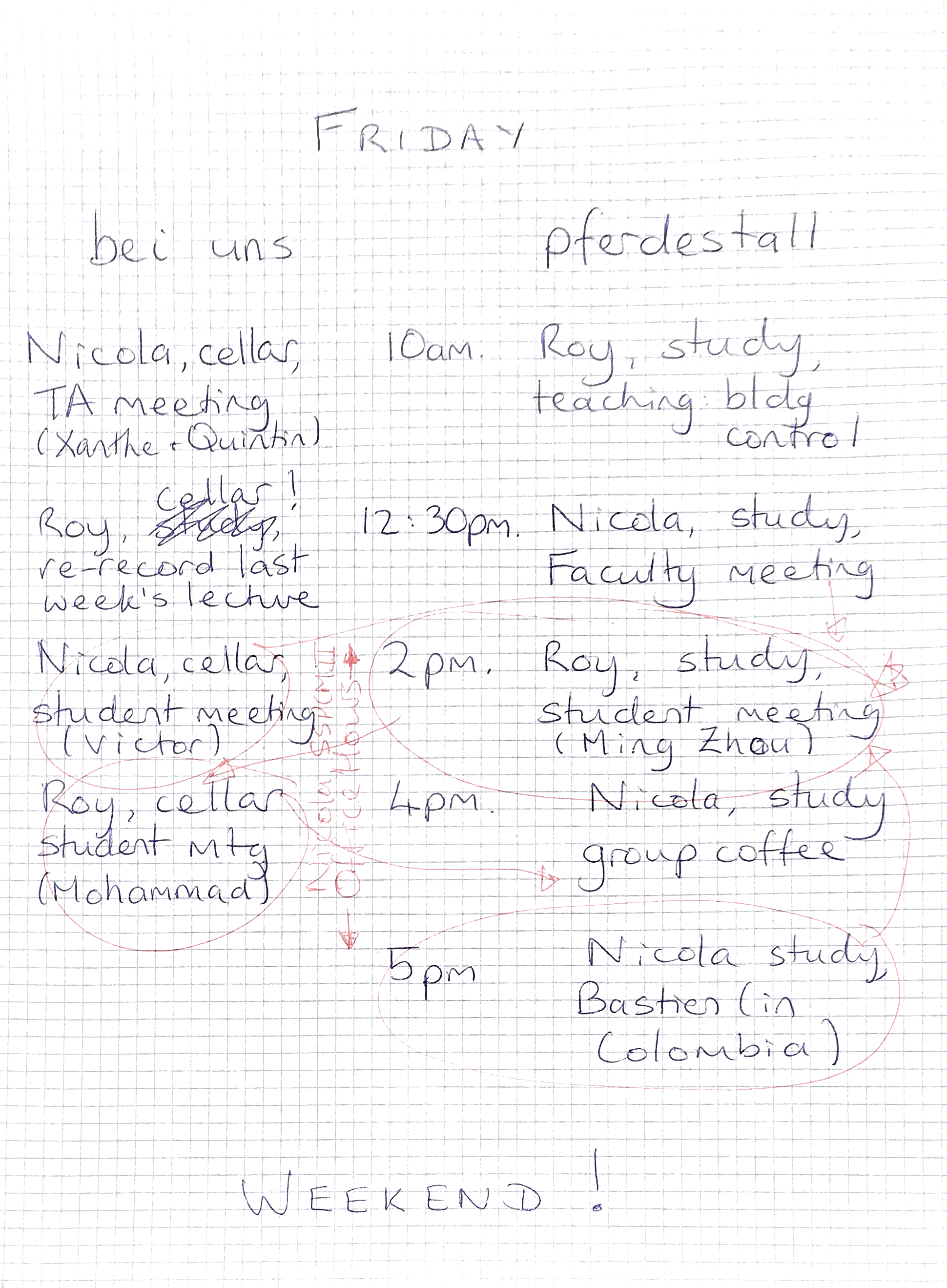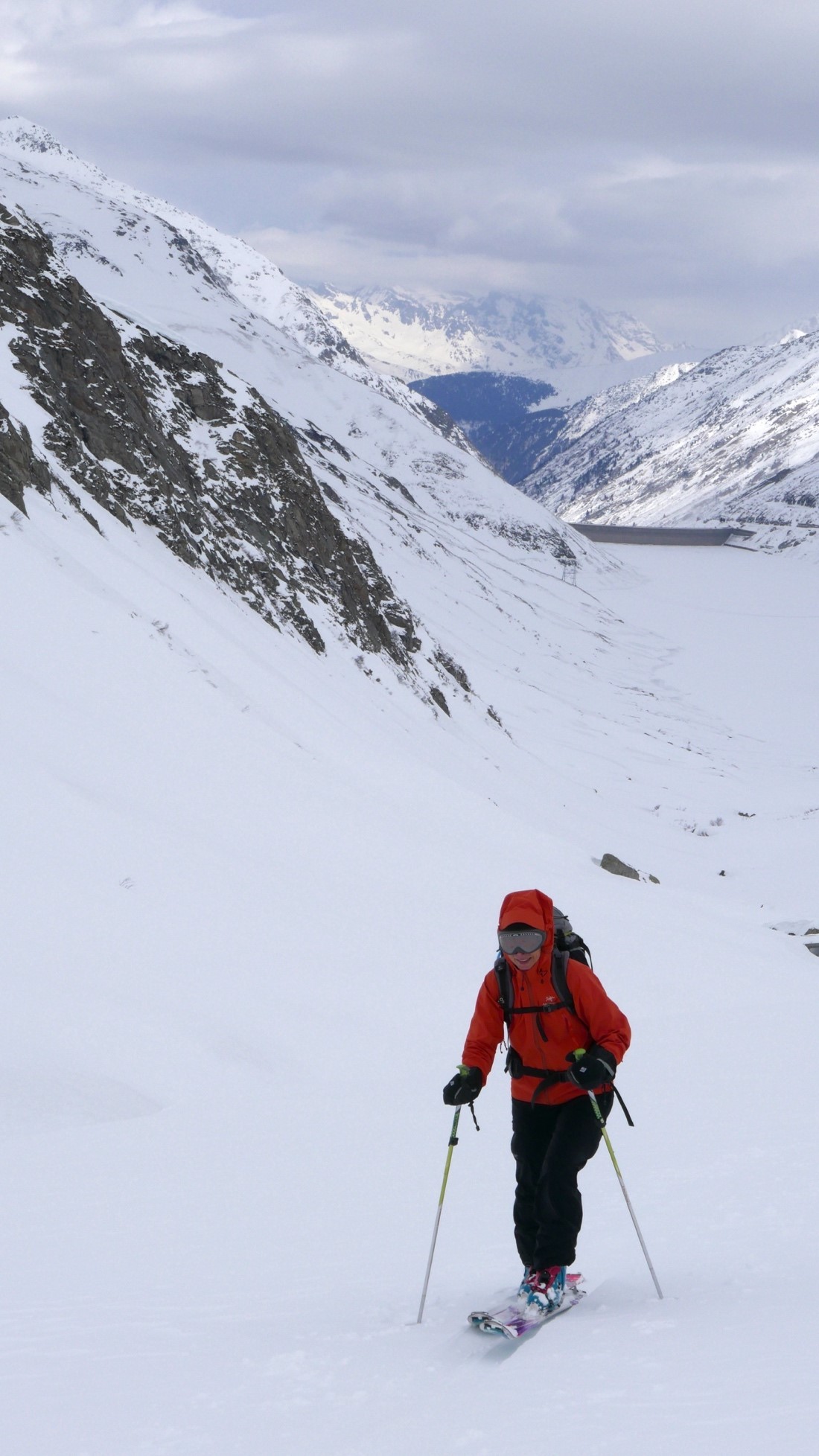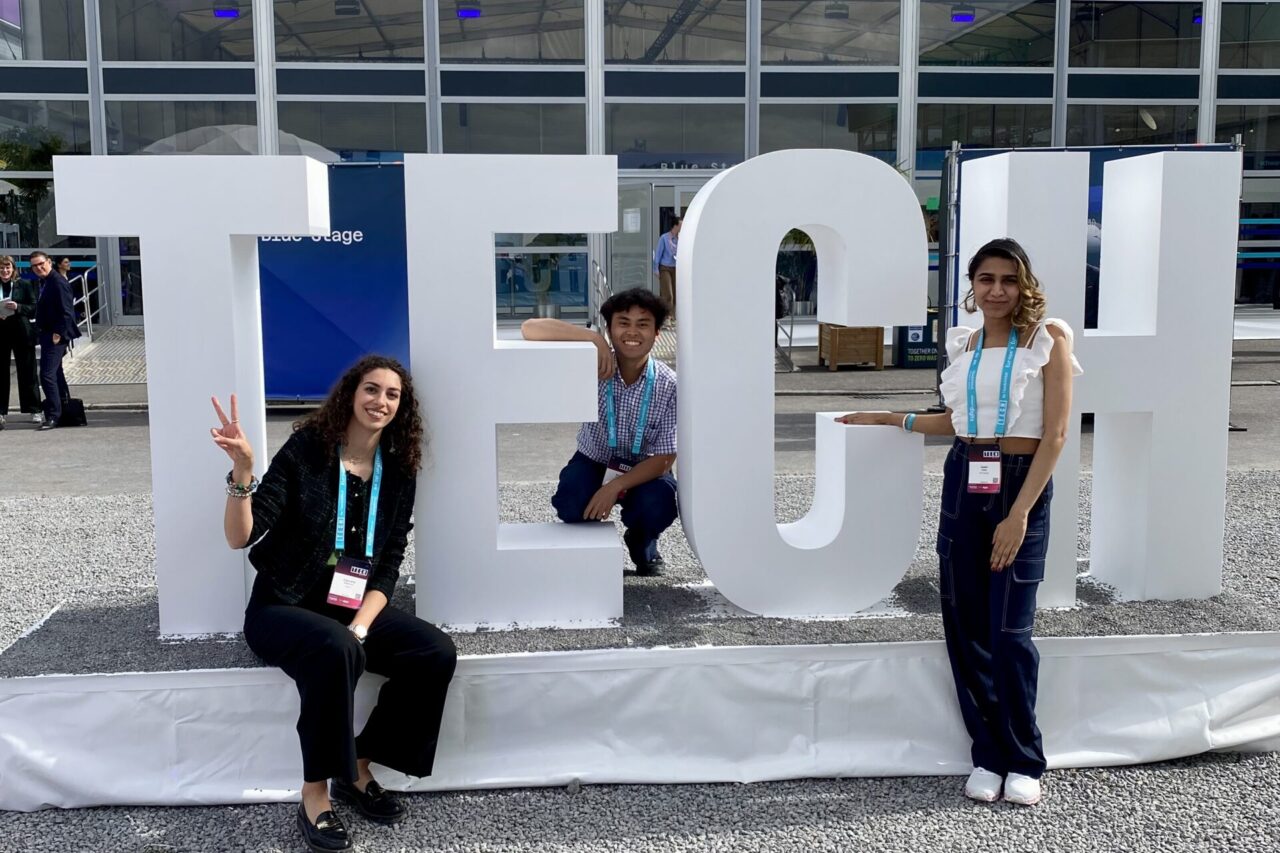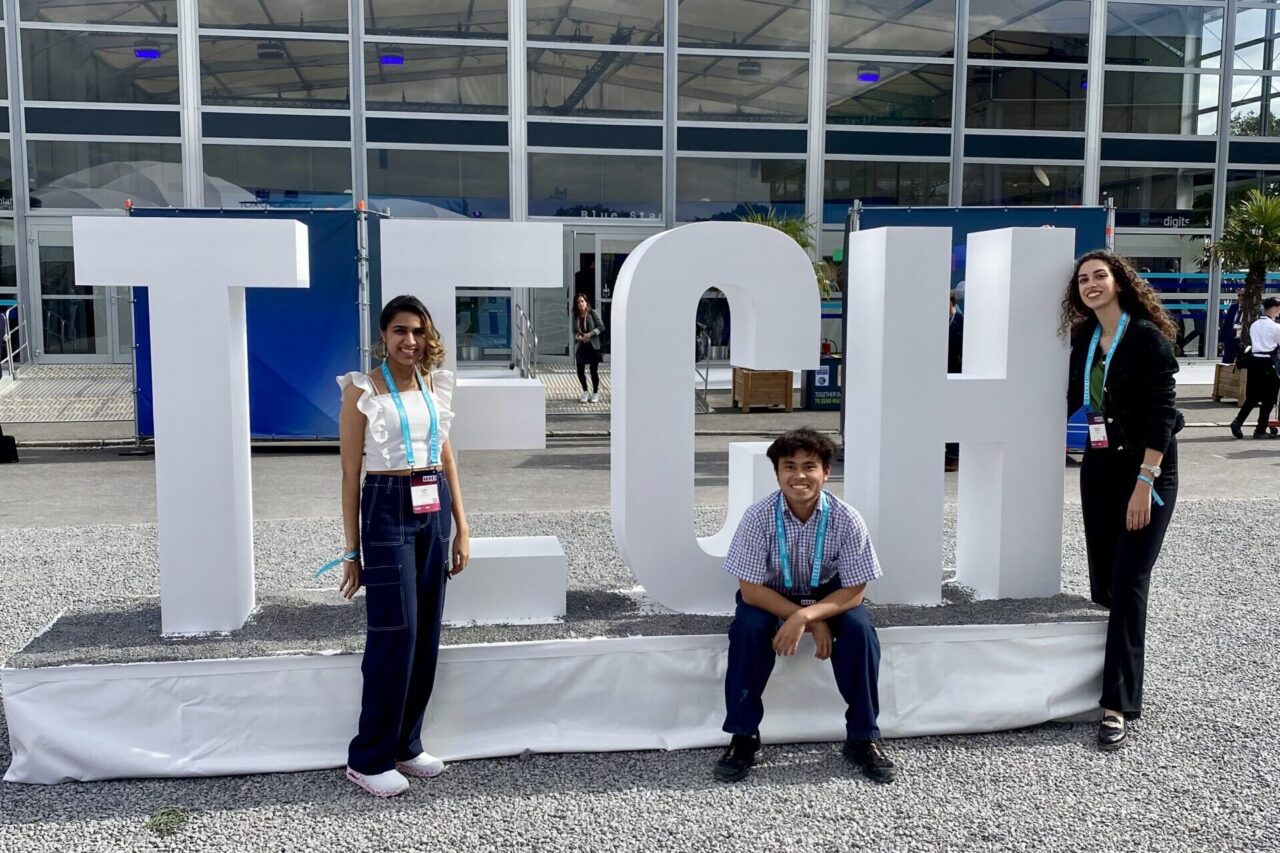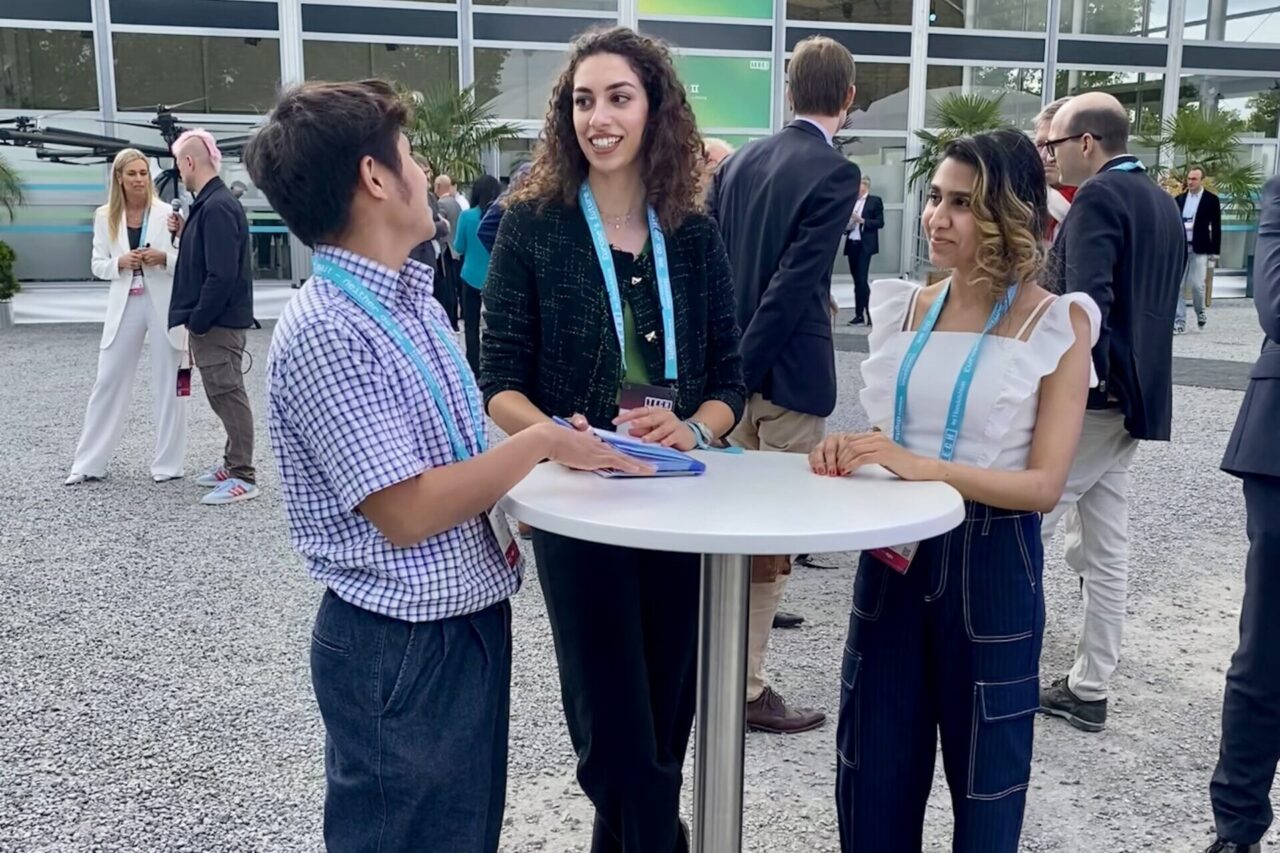There’ve been a few times during the last couple of weeks, as we’ve been shutting down our labs to an accompaniment of tragic news reports of horrible human suffering around the world, that I’ve asked myself whether struggling on with an on-line version of my class on Quantum Properties of Materials is worth-while. There have even been passionate (and well-liked!) pleas on social media to close down University teaching for the duration of the pandemic. I’ve convinced myself that, for those of us who are able, it is important to continue, and here’s why:
My students matter. I am a bit freaked out and I guess many of you are too. While I didn’t previously recognize the mental health benefits of Quantum Materials, I’m happy that they can provide us with some stability in that we know exactly what we will be doing every Tuesday morning and Wednesday afternoon until the end of May. I also want, from a selfish standpoint, for my class to graduate on time; my students are brilliant young people (all of them are above average) who are going to go on to be our leaders in science and engineering, industry, commerce and politics. Twenty years from now when there is another crisis and I am well and truly in the high-risk category, I want you guys to be running the show, and I don’t want you to be delayed in getting there.


